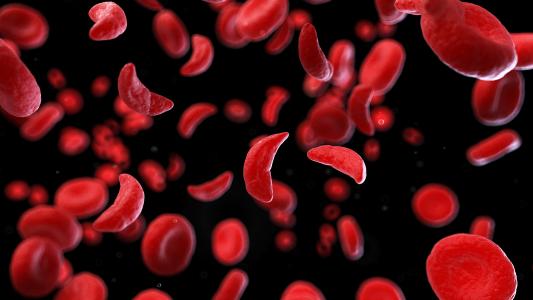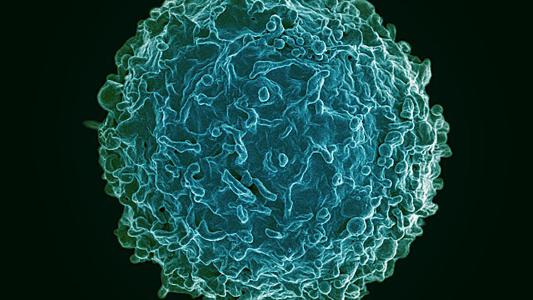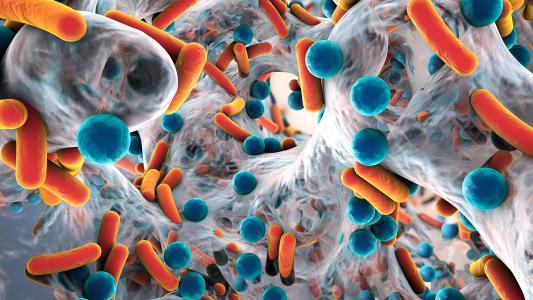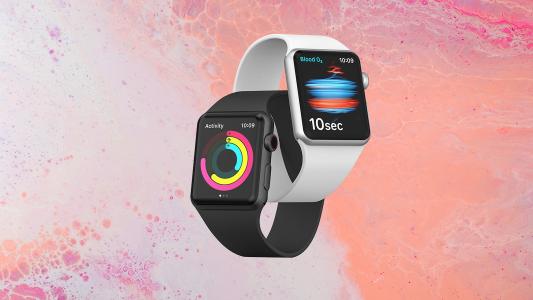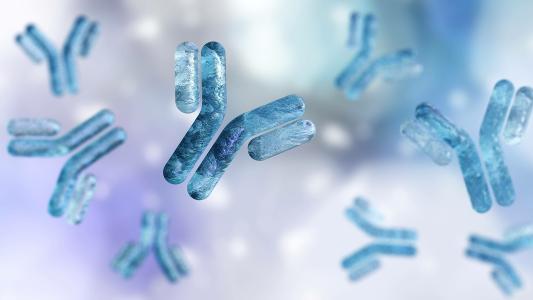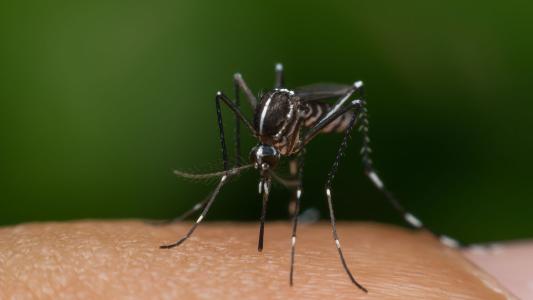Medicine
Magnetic robot can save lives after a brain hemorrhage
Researchers have developed a microbot-containing, magnetically controlled catheter for removing blood from brain hemorrhages.
CRISPR cure for sickle cell nearly 100% effective after three years
A CRISPR therapy for sickle cell disease and beta thalassemia looks close to 100% effective three years after infusion.
This molecule may be the “secret sauce” of exercise — but it won’t work as a pill
Administering Lac-Phe to obese mice significantly lowered their appetite, reduced body fat, and improved glucose tolerance.
CRISPR could create a one-shot treatment for HIV
Researchers have used gene editing to engineer HIV-fighting immune cells inside the bodies of mice.
Engineers develop nanoparticles that cross the blood-brain barrier
Tested using a new brain tissue model, the particles may be able to deliver chemotherapy drugs to cancer patients.
CRISPR can create a “captain’s log” for bacteria traveling through the microbiome
A team at ETH Zurich has modified E. coli to work like biological recorders of the processes of the gut.
Apple Watch now approved to track Parkinson’s symptoms
Apple Watch motion data will now be incorporated into Rune Labs’ StrivePD app, which tracks Parkinson’s symptoms.
Moms’ “super-antibodies” point the way to new antibody medicines
Pregnancy bestows on babies enhanced antibodies that can protect against a broader range of disease. Now, we know how.
A vaccine against mosquito saliva may be the key to stopping their diseases
University of Leeds researchers have identified a compound in mosquito saliva as a potential target to protect against multiple viruses.
A smart bomber for bacteria could help save antibiotics
Brown University researchers have developed a “smart” drug delivery system that only releases its payload when bacteria are present.

